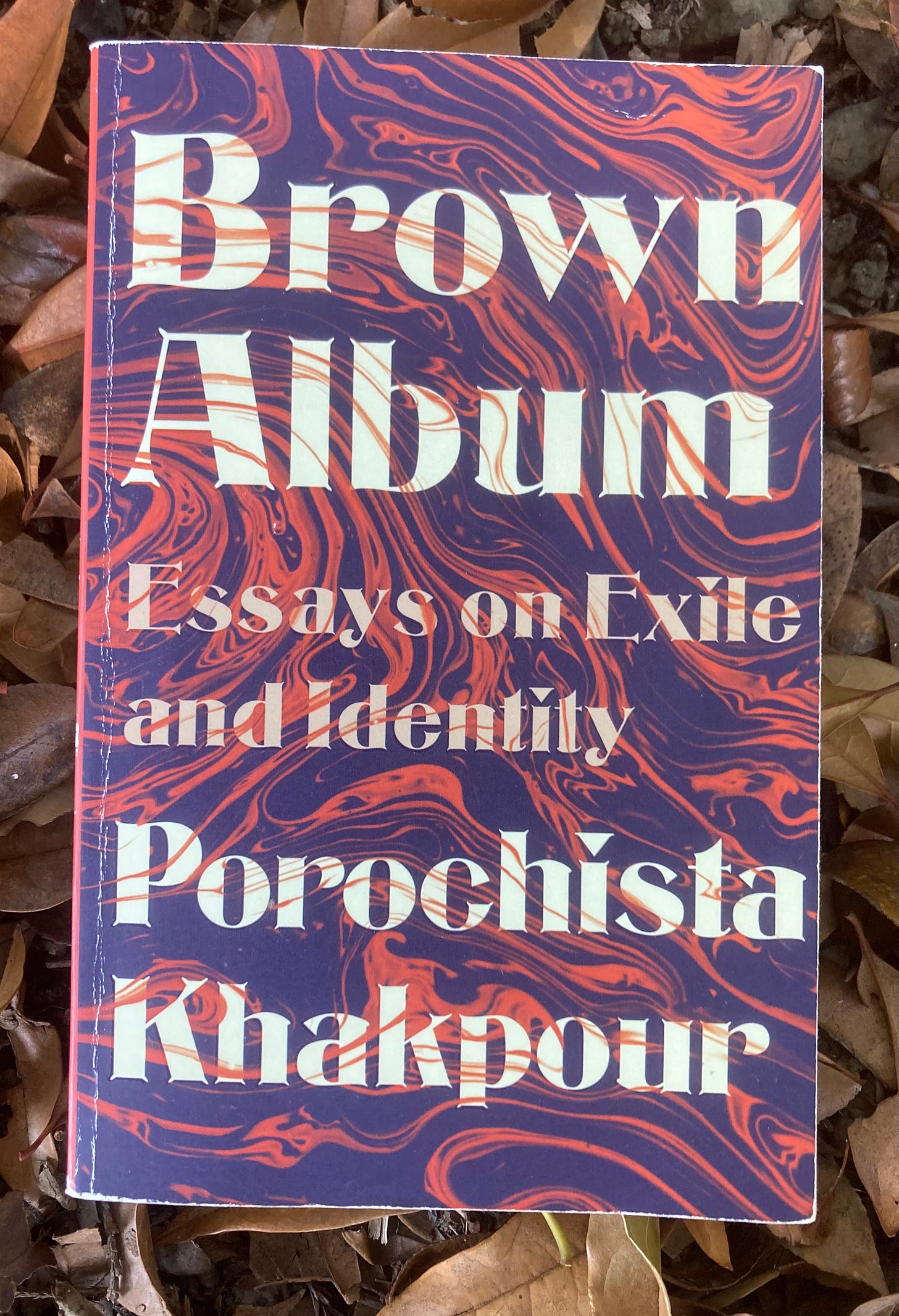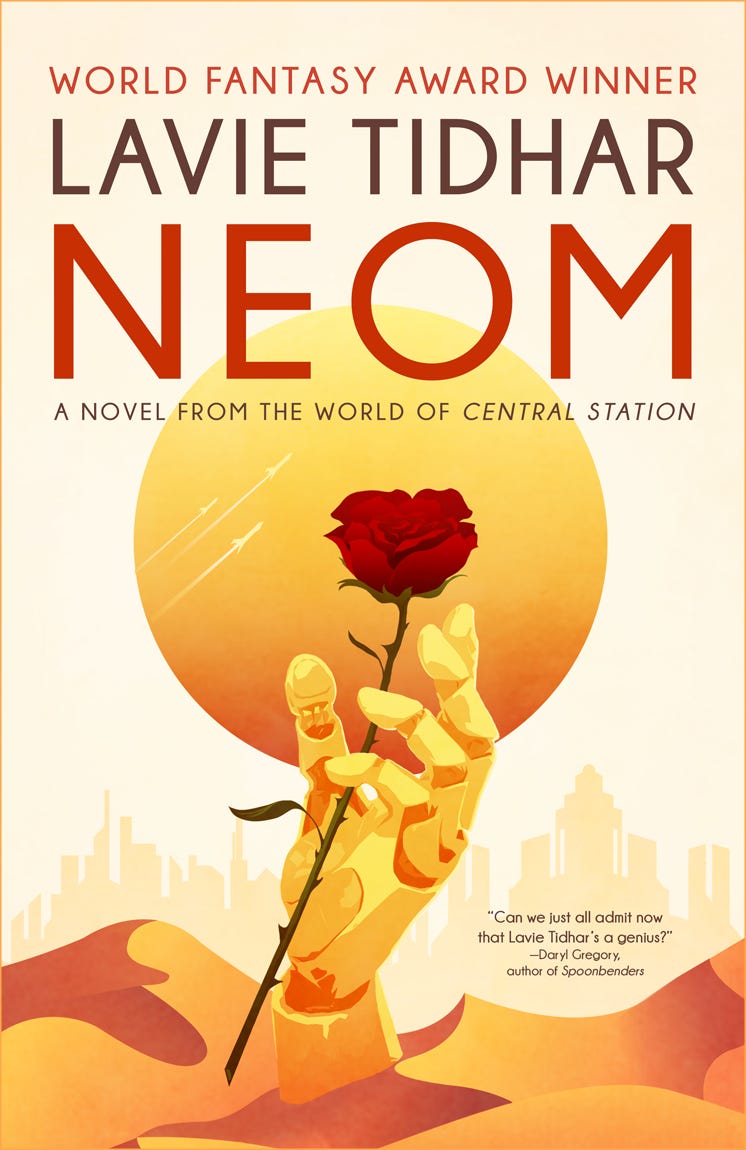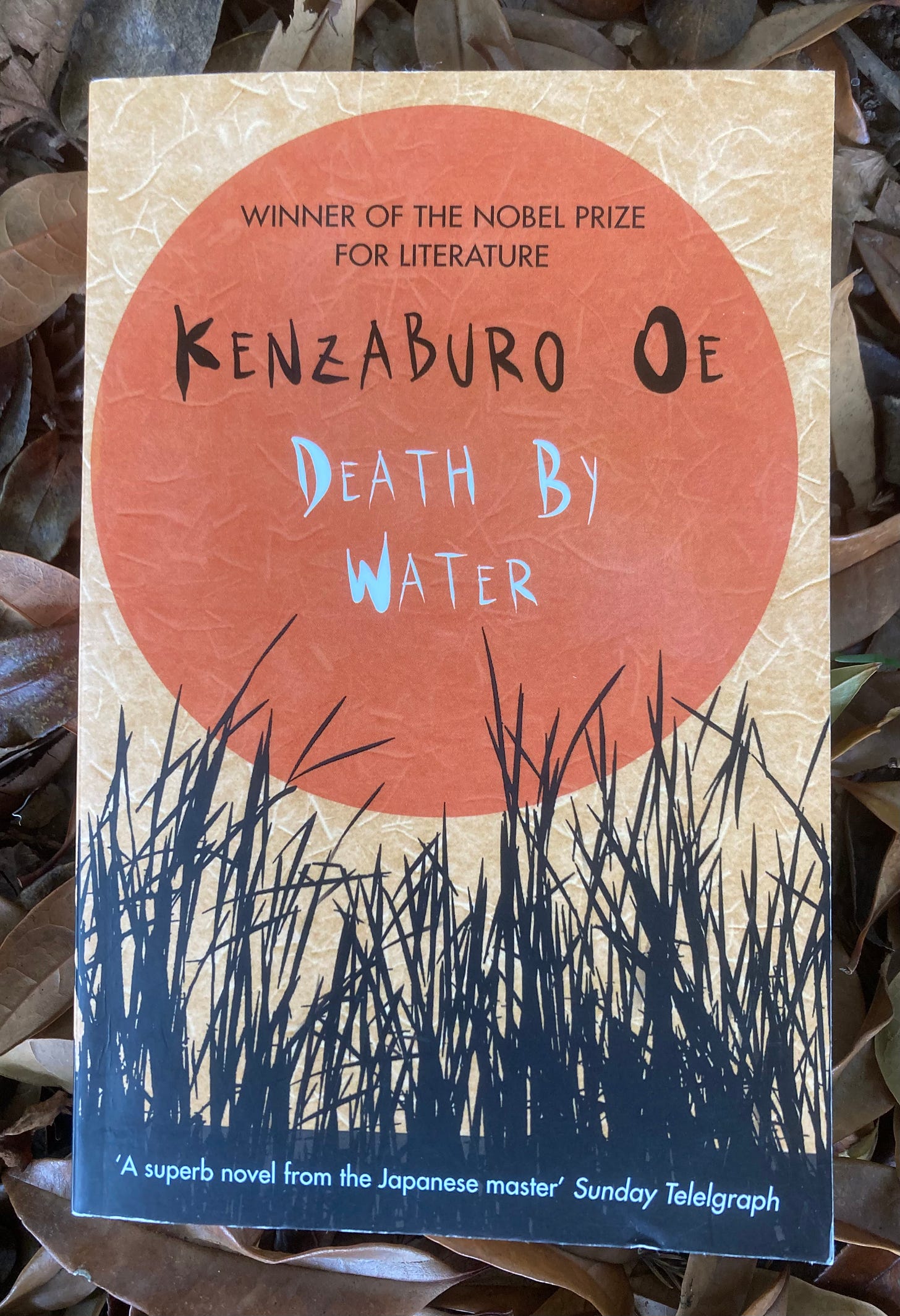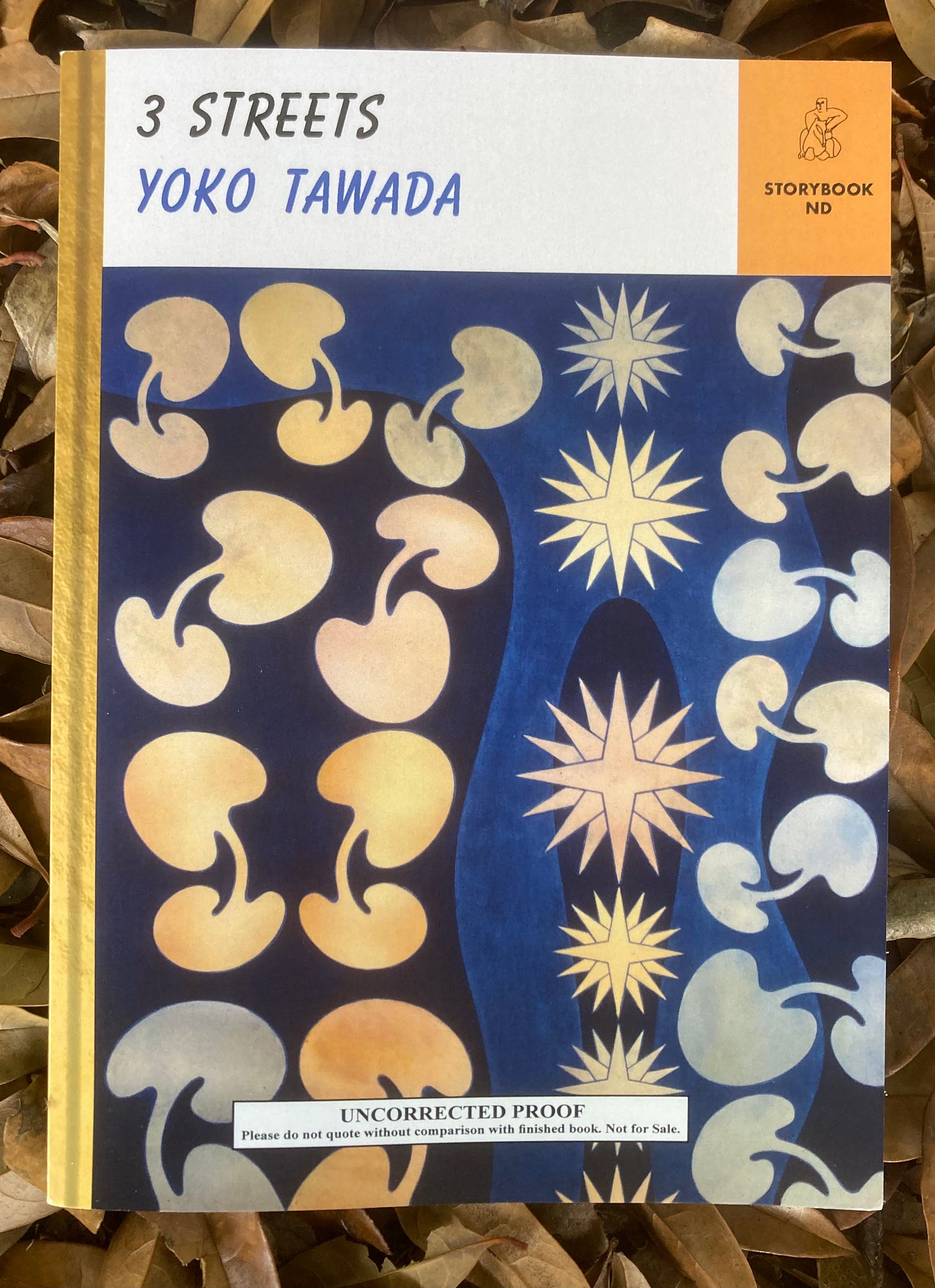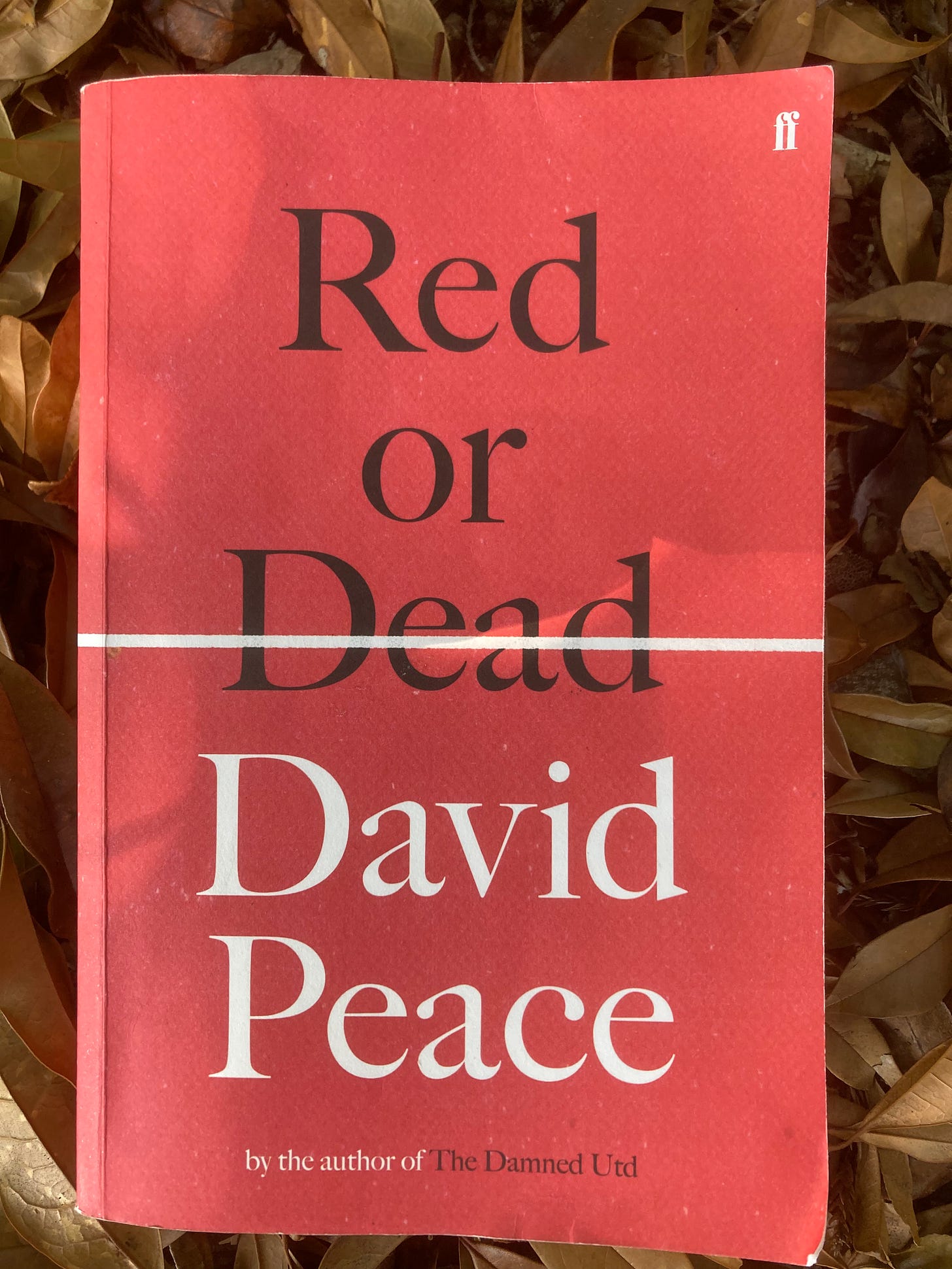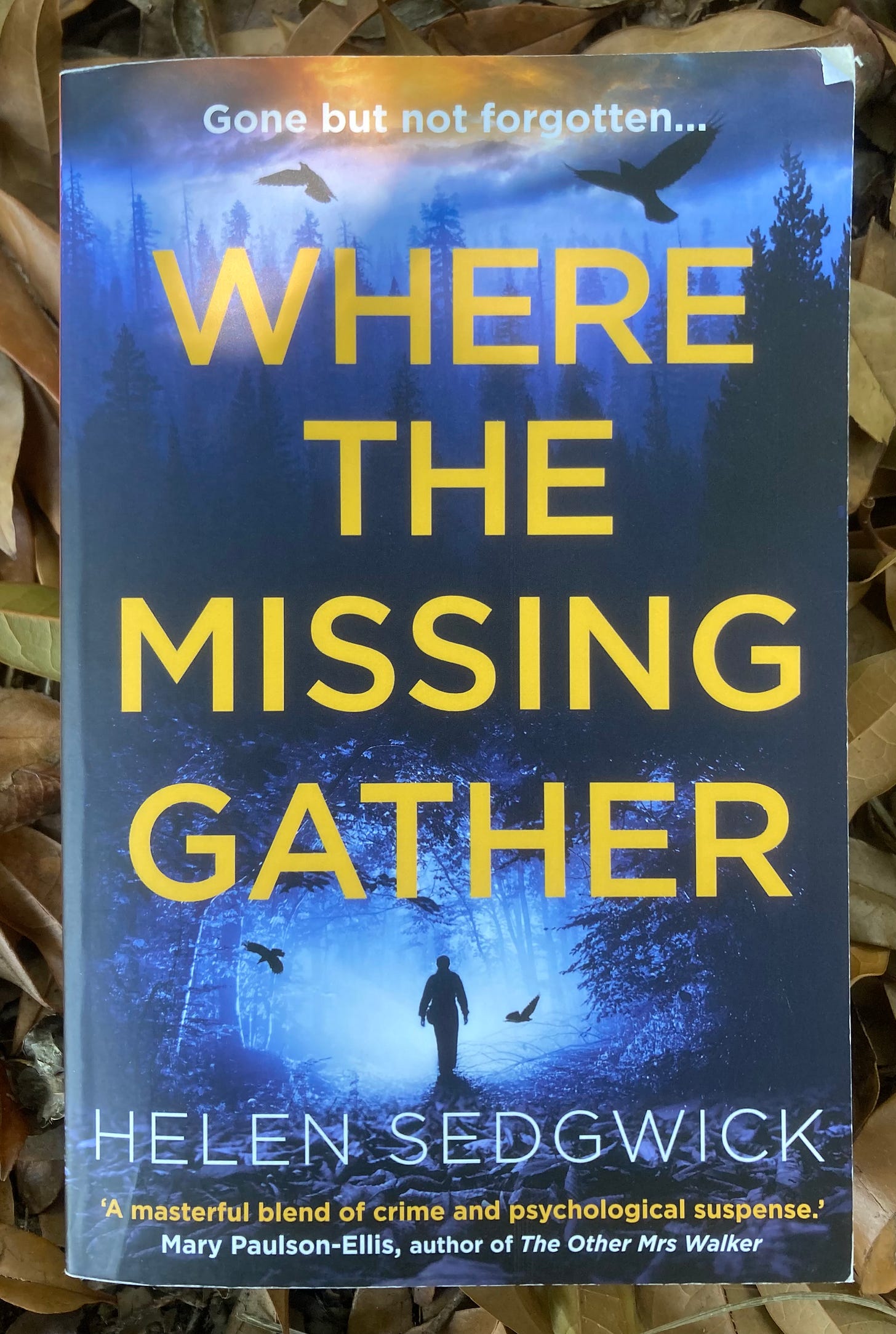June Reads
June was busy, busy, busy, so unfortunately I didn’t have much time in the evenings for reading. 13-hour days at work were common, plus some editing work and writing an academic paper on Milan Kundera and Ali Smith (due out next year, if you are interested). All very productive but it meant my best-laid reading plans went agley. Still, I did manage to read a handful of great books.
After falling further in love with Porochista Khakpour’s writing a couple of months ago with The Last Illusion, next on the list was her collection of essays, Brown Album. I first came across Khakpour via an essay in a collection called The Displaced edited by Viet Thanh Nguyen, so I was looking forward to this and it didn’t disappoint. Ranging from a trip to the US South on the trail of Faulkner to her experiences as an Iranian-born US citizen, it is funny, shocking and moving in about equal measures. Much of it is introspective, rather than outward-looking, focussing on her own journey with identity much more than post-9/11 racism and the Trump regime’s hostile environment, which makes the reality of everything much more vivid and vital. An important book.
On a very different level but still concerned with identity, Neom by Lavie Tidhar, is a gentle but powerful science fiction novel. I got this as an advance copy from the publisher and will be reviewing it for Shoreline of Infinity, so I won’t say too much here. This was my introduction to Tidhar, a writer I’d heard about but never had time to discover. Neom is set in the same universe as his novel Central Station, but luckily for me you don’t have to have read the first book to enjoy this one. There are clearly references to things I didn’t understand but done in an inviting way: further paths to explore rather than obstacles in the road. I went out and bought Central Station straight after finishing.
As I’ve said before, I’m a huge Oe Kenzaburo fan and rationing the translations of his work. Death by Water is a late period book, and I still can’t make up my mind about it. Like all his books it’s intensely autobiographical. In this case it’s a novel about how difficult it is to write about the death of his father. It’s very circular and probably won’t much appeal to non-Oe fans. It’s definitely not a good place to start with him, but an interesting read nonetheless.
3 Streets by Tawada Yoko was another advance copy which I’ll be reviewing soon for the Japan Times. Three short stories themed around streets in Germany, it is the usual mix of intellectual curiosity, magical realism (no out-and-out science fiction here) and highly-focalised narration that marks all of Tawada’s books.
Red or Dead by David Peace is a doorstop of a novel, and the last Peace I hadn’t read. It’s about the life and work of Bill Shankly, Liverpool manager and legend, and takes Peace’s cyclical style to almost ridiculous extremes as he portrays the repetitive nature of life in professional football, game after game, season after season. It’s very different from his other football book, The Damned United - different in fact from any other football book - but perhaps the perfect subject for Peace’s style. Like Death by Water however, probably not the place to start with Peace.
Finally I caught up with the second part of Helen Sedgwick’s trilogy (the first part being When the Dead Come Calling) just in time for the third part (What Doesn’t Break Us) to come out. I’m quite glad I’ve timed it this way - there is a huge ensemble cast here, all with multigenerational connections and secrets, and I’d forgotten a lot from book one. I gave myself a quick refresher but I’m sure there were reveals and connections that I missed. However, it’s all fresh in my mind as the final book is published, so I’m going to dive straight into that as soon as I can get my hands on it. I’m always impressed by authors who move into crime fiction (Sedgwick has also written literary fiction and science fiction) and manage to find a niche - there’s so much of it out there these days that I wouldn’t even know where to start were I to give it a try. She has definitely done that here with a heady blend of police investigation, supernatural undercurrents and an entire village where not one single person is close to being happy.


